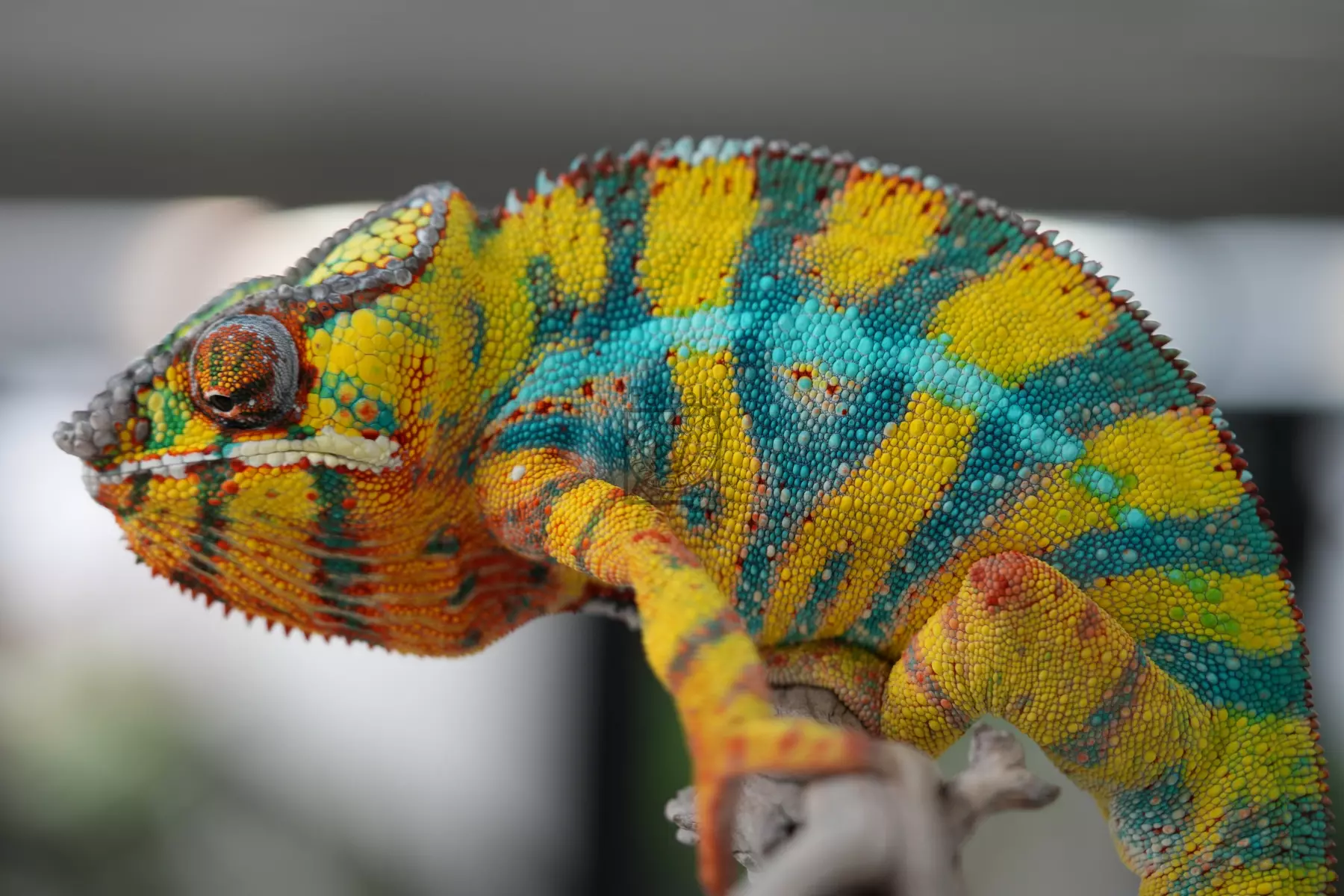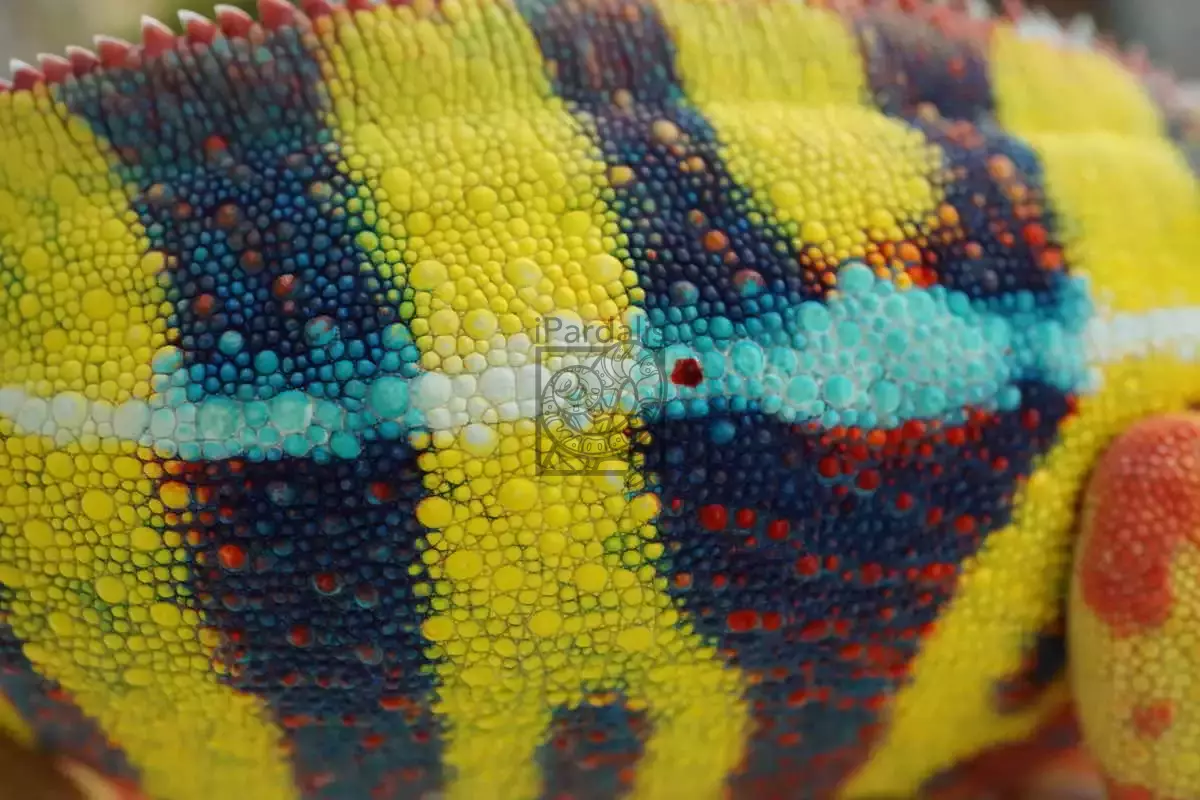July 12, 2021
tldr;
- Every animal you acquire, whether it be captive bred (CB) or wild caught (WC), should receive multiple fecal exams. A positive fecal should be managed in consultation with a qualified vet who has experience working with chameleons. Many different species of parasites do not shed at a constant rate, so a negative fecal is not a gaurantee that the animal is clean.
- We found Coccidia in 2 out of 25 exams that we performed in June-July 2021, and plan to run fecals on every animal in our possession and share the results/methods here.
- This is our public health announcement to help everyone understand the risks associated with parasites and dispel the idea that CB animals are low risk. We hope it helps new keepers and breeders invest time in in this area of expertise, concurrently with us.
- Many cases go undetected and undisclosed because of the taboo around parasites, which is an ethical issue. People don’t want to look because they can honestly say they didn’t know, and if they find something, they are likely to try to keep it hush hush.
Why Parasites?
We were notified that an animal we sold to a customer had a positive fecal exam for Coccidia in early 2020. It was the first time there was proof that our breeding group of Furcifer pardalis (Panther Chameleons) had parasites. We have never purchased a WC animal, and we have never purchased an animal from a source who isn’t highly respected in the hobby. After hearing of this result, we took 12 animals into our exotic vet for health checks and fecal exams. It was very expensive, and every animal was returned to us with a clean bill of health. This was not adequate, and this series will explain why.
Why Ethics?
This is the first of a long and detailed series of blog posts that will share our experience in a way that few breeders have done before. A rare exception is when Nick Henn wrote a great post in 2013 on chameleonforums.com titled Chameleon Coccidia Parasite and Treatment. Some of Nick’s genetics are still in our project, and we can only dream of living up to his ethical standard. We want people we work with to know they can trust us to share everything we know, so they can make an educated decision about their purchases as well as manage the risks to their projects. These ethics should be the norm in the hobby, but sadly, they are not.
Supplies
- 40x-2500x LED Lab Binocular Compound Microscope
- Fecal kits
- Pipettes, beakers and test tubes
- Slides and cover slips
- Understanding Reptile Parasites by Roger Klingenberg
- Verterinary Parasitology: Reference Manual by William Foreyt
- 1,000+ disposable gloves
- 2.5% Toltrazuril
- Reptaid
- Manuka Honey, Bee Pollen and Water mix
- Tons of 1 ml syringes
- 30% Hydrogen Peroxide (H2O2) and spray bottles
Posts
Here’s what we have planned so far:
- Parasites and Ethics: Origin Story
- Parasites and Ethics: Ethics
- Parasites and Ethics: Coccidia found in Furcifer pardalis
- Parasites and Ethics: New Protocols
- Parasites and Ethics: Food
- Parasites and Ethics: Enclosures & Hygiene
- Parasites and Ethics: Detection & Treatment
- Parasites and Ethics: July 2021 Results



